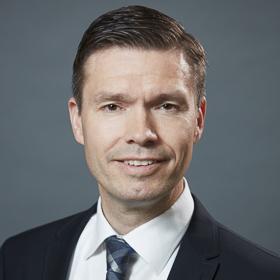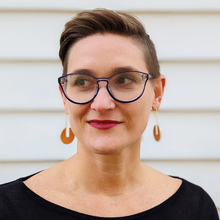TRANSATLANTIC CURRENTS
China’s “surveillance state”: How China uses technology to enable social control
Over recent months, a series of visits by high-level US officials to China have not fundamentally changed either side’s gloomy strategic assessment of the other. Understandably, their governmental interactions tend to focus on the most visible and contentious security and economic issues—for example, China’s military buildup, the future of Taiwan, Russo-Chinese relations, and multiple trade and investment disputes.
At the same time, a growing non-government community of “China watchers” in and outside the United States has sounded a different alarm. The Chinese Communist Party (CCP) continues to hone its technological controls over a wide range of domestic affairs—from health monitoring systems developed during the COVID pandemic to an “ecosystem of repressive policies, infrastructure, and technology” aimed especially at the Uyghur population in Xinjiang. These controls not only stifle Chinese society, they have potentially pernicious implications for the international community, as well. As the CCP expands the boundaries of what it considers its “internal affairs,” it can deploy technologies to curb people-to-people exchanges, harass Chinese dissidents and even foreign citizens living abroad, and sow disinformation. This episode of Transatlantic Currents will discuss the origins, evolving strategy and applications of China’s use of advanced technologies for social controls to construct what some experts have termed a “model of digital authoritarianism.”
Transatlantic Currents is a monthly webinar series hosted by FIIA’s Center on US Politics and Power featuring American experts of political science and international relations. The series will cover a wide array of timely topics from foreign policy to domestic issues. The webinars will be hosted by Ambassador (ret.) Deborah McCarthy, Fellow, Harvard University or Non-Resident Fellow Leo Michel, FIIA.
Please register to the webinar here.



